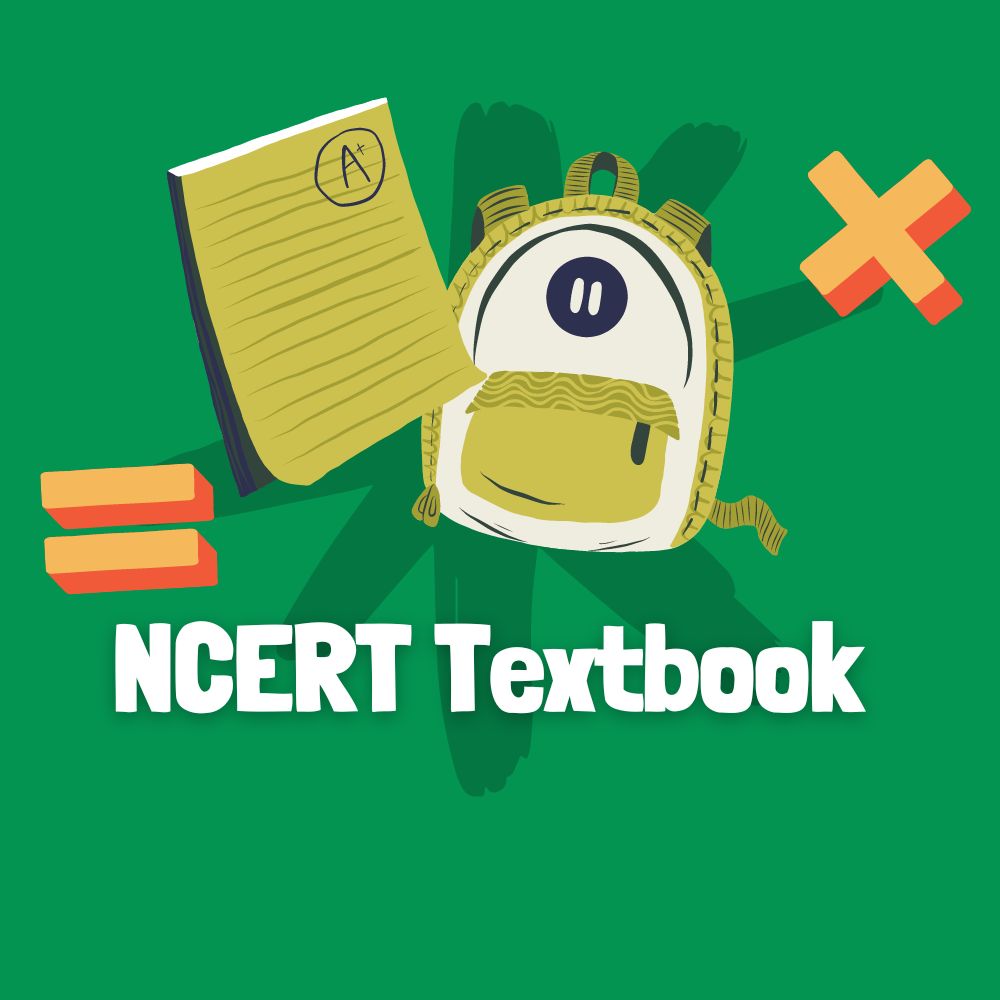21-06-24: National Council of Educational Research and Training (NCERT) textbooks in India have been a constant battleground for political ideologies. At the heart of the controversy lies the interpretation of India’s secularism and how it’s reflected in educational materials.
Criticism of Secularism:
-
Hindu Nationalism: Critics, often aligned with the Bharatiya Janata Party (BJP), argue that NCERT textbooks downplay Hindu contributions to Indian history and culture. They believe the content leans towards a “secularism” that overlooks the majority religion. This “saffronization” of education, as they call it, seeks to highlight Hindu achievements and historical figures.
-
Omission and Bias: Some critics allege that certain historical events involving Muslim rulers are either downplayed or sugarcoated. They argue for a more balanced portrayal that acknowledges both positive and negative aspects of all historical periods.
-
Federal Concerns: Some state governments, particularly those led by regional parties, feel that NCERT textbooks impose a homogenized view of Indian history and culture. They advocate for incorporating regional narratives and perspectives to reflect India’s diversity.
Political Reactions:
-
Accusations and Counter-Accusations: The issue becomes a political ping-pong game. The party in power is accused of manipulating content to suit their agenda, while the opposition vows to “correct” it if they come to power.
-
Protests and Debates: Revisions often spark protests and heated debates. Historians, academics, and activists engage in arguments about the portrayal of historical figures, events, and religious narratives.
-
Impact on Students: Caught in the crossfire are the students who are exposed to potentially biased or incomplete information. This can hinder critical thinking and create a skewed understanding of India’s past.
Finding a Balance:
Striking a balance between secularism and acknowledging India’s diverse heritage remains a challenge. Here are some potential solutions:
-
Open and Inclusive Consultations: Involving historians, educators, and representatives from various communities in the textbook revision process can ensure a more objective approach.
-
Transparency and Evidence-Based Content: Textbooks should be based on historical evidence and present multiple perspectives on controversial topics.
-
Focus on Critical Thinking: Encouraging students to analyze information, identify biases, and form their own conclusions is crucial.
NCERT textbook controversies reflect the constant negotiation of India’s identity. While healthy debate about historical narratives is important, ensuring factual accuracy and fostering a spirit of inclusivity are vital for a balanced and meaningful education system.
Read More: UGC-NET Paper Leaked: Telegram Group Allegedly Sold Papers for Rs 5,000-Rs 10,000

